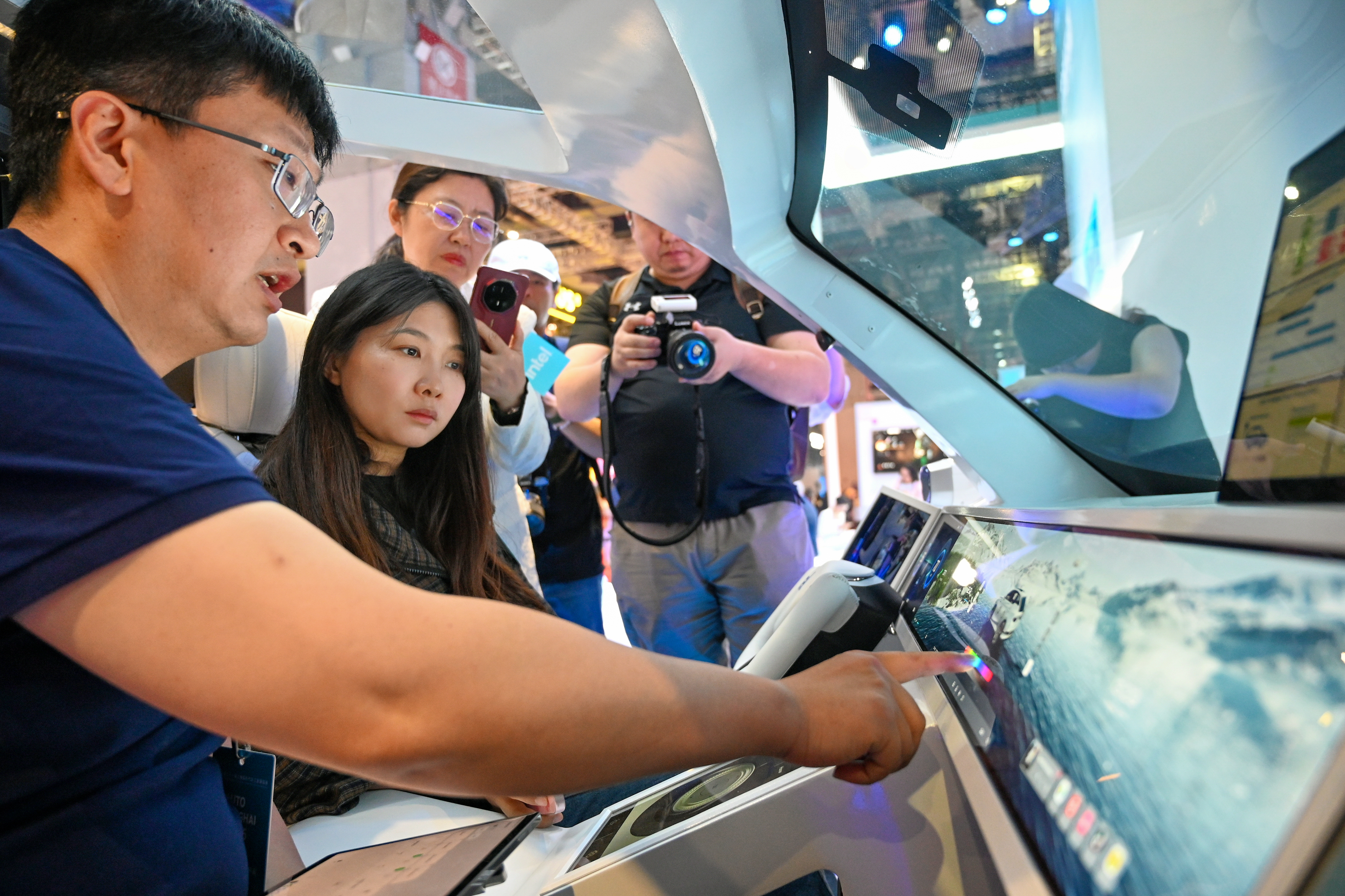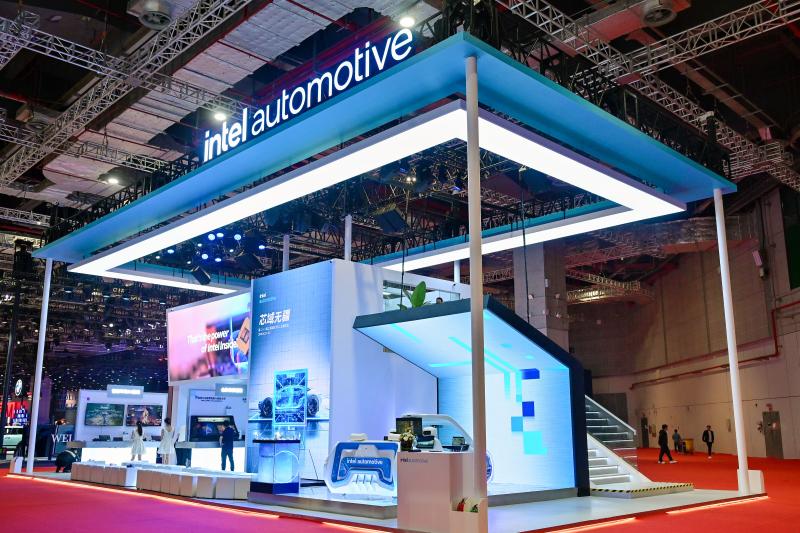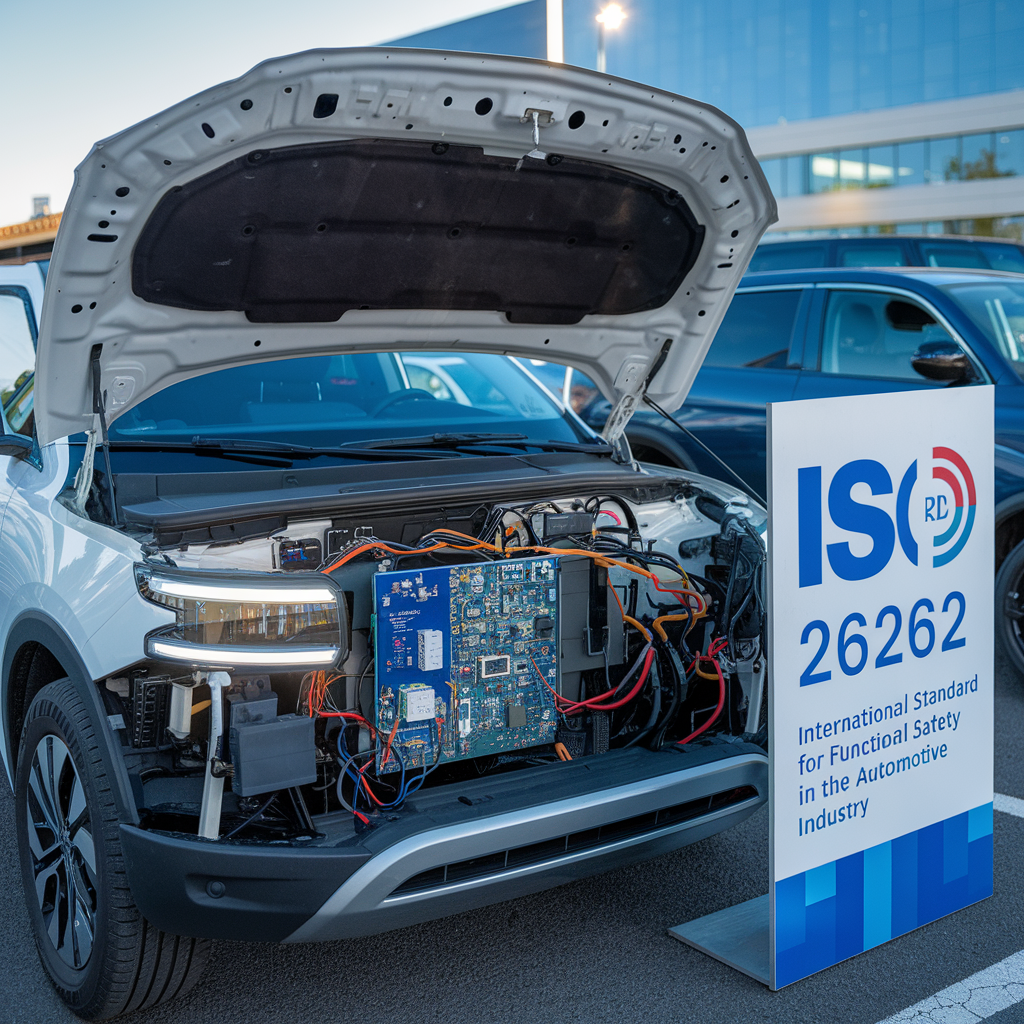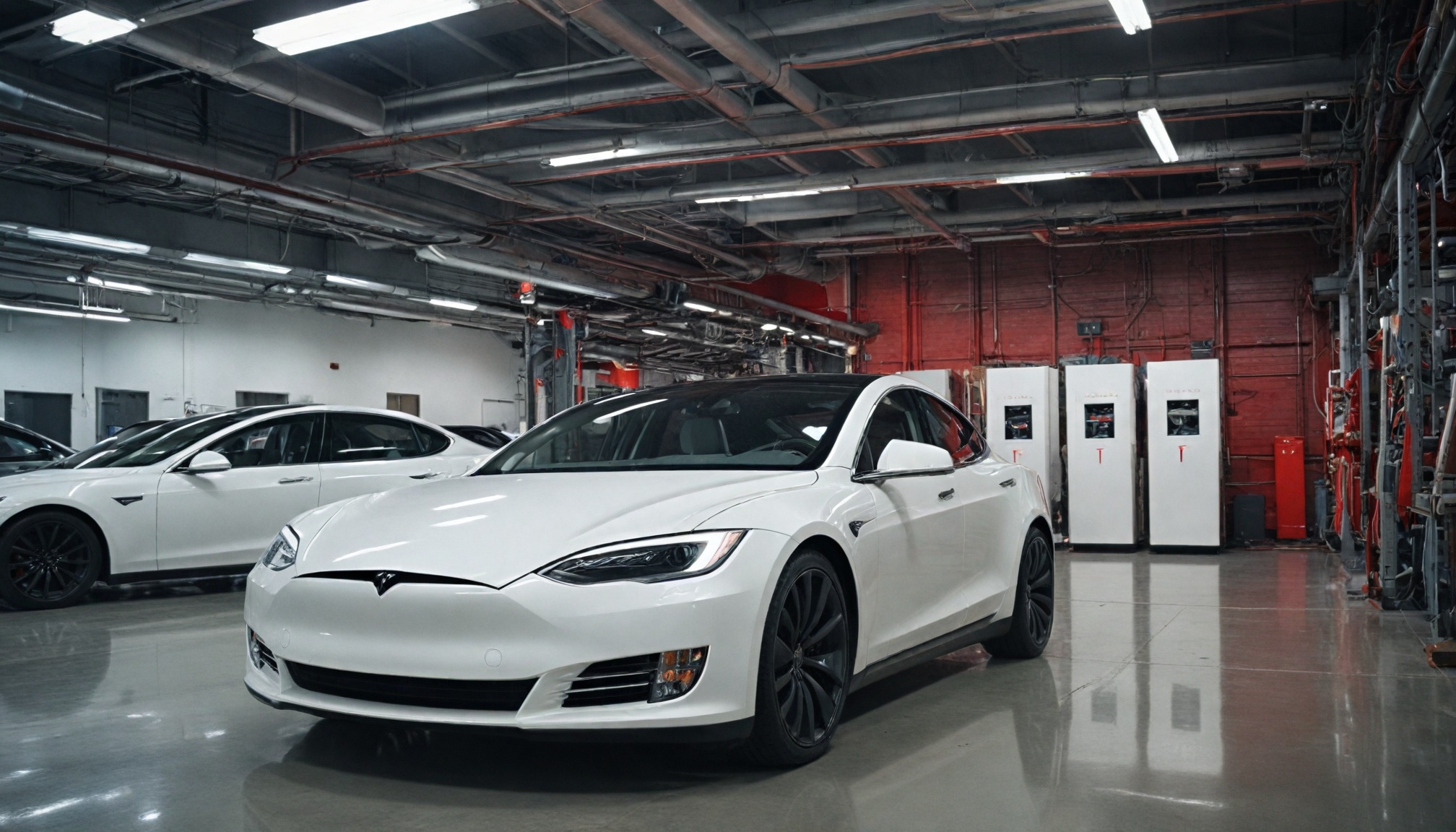
Explore Intel's groundbreaking multi-node chiplet architecture in their AI-enhanced SDV SoC, unveiled at Auto Shanghai. Discover how this innovation is reshaping automotive technology.

Drivetech Partners
Intel Unveils AI-Enhanced Multi-Node SDV SoC at Auto Shanghai
Revolutionizing Automotive Technology
At Auto Shanghai 2025, Intel unveiled its second-generation AI-enhanced Software-Defined Vehicle (SDV) System-on-Chip (SoC). This release marks a significant milestone in automotive engineering for Intel, introducing the industry's first multi-node chiplet architecture. The announcement confirms Intel's commitment to driving innovation with advanced AI capabilities designed to transform vehicle computing.
The unveiling of this technology represents a new era in the automotive sector, where vehicles are not just modes of transport but intelligent companions on wheels. By integrating state-of-the-art AI capabilities into their SDV SoC, Intel is set to provide automakers with the tools to create more adaptive, efficient, and interactive vehicle experiences.

Key Features of Intel's AI-Enhanced SDV SoC
Intel's multi-node chiplet architecture utilizes the Universal Chiplet Interconnect Express (UCIe) technology, a breakthrough allowing seamless integration of chiplets from various vendors. This innovation enhances performance and adaptability, giving automakers the flexibility to customize and optimize vehicle computing systems efficiently. Intel's adoption of UCIe technology underscores its dedication to delivering scalable and sustainable solutions for the automotive industry.
The SoC also incorporates advanced AI acceleration features, as outlined in Intel's AI PC roadmap. This integration enables a suite of sophisticated applications, such as generative AI, driver and passenger monitoring, and high-definition video conferencing, elevating the in-car experience to unprecedented levels of intelligence and responsiveness. Automakers can leverage these capabilities to develop cars that understand and respond to the needs of passengers, providing a smarter and more intuitive driving experience.

Scalability and Flexibility
One of the standout features of Intel's new SDV SoC is its modular design, which permits automakers to customize solutions effectively. This flexibility not only reduces development costs but also accelerates the time-to-market, enabling manufacturers to stay competitive in an ever-evolving industry. The architecture's scalability ensures it can meet the diverse needs of various vehicle models, from compact cars to luxury sedans and autonomous vehicles.
By reducing the complexity associated with vehicle computing architectures, Intel is empowering automakers to focus on innovation and creativity, ensuring that vehicles of the future are both cutting-edge and consumer-friendly.
Industry Adoption and Collaborations
Notable automotive brands are already taking steps to adopt Intel's groundbreaking technology. Geely's Zeekr brand, for instance, is the first original equipment manufacturer (OEM) to incorporate Intel's new SDV SoC. Zeekr aims to leverage generative AI to deliver enhanced in-car experiences in its next-generation vehicles, setting a precedent for the industry.
Furthermore, Intel has announced plans to acquire Silicon Mobility SAS, a company specializing in EV energy management SoCs. This acquisition aims to boost AI efficiency in electric vehicle energy management, further demonstrating Intel's commitment to automotive innovation. By streamlining energy consumption, these advancements contribute to creating more sustainable and environmentally friendly vehicles.
Commitment to Open Standards
Intel's collaboration with imec showcases its dedication to ensuring that its advanced chiplet packaging technologies meet the rigorous quality and reliability standards required for automotive applications. This partnership ensures that automakers can confidently integrate Intel's technology into their production lines without concern for compatibility or durability issues.
In addition, Intel will chair a new SAE International committee dedicated to developing an automotive standard for Vehicle Platform Power Management (J3311). This initiative aims to improve energy efficiency and sustainability in electric vehicles, aligning with global efforts to reduce emissions and promote green technology. The development of these standards reflects Intel's leadership in fostering a collaborative ecosystem where innovation thrives.
Partnerships
Intel's introduction of the AI-enhanced multi-node chiplet architecture at Auto Shanghai 2025 marks a pivotal moment for Intel in the automotive industry. By providing automakers with robust and adaptable technologies, Intel is paving the way for a future where vehicles are not only smarter but also more efficient and environmentally friendly. The move towards a more integrated, intelligent vehicle computing system signifies a significant leap forward in automotive design and functionality.
With industry giants like Geely already embracing this technology, the road ahead looks promising for other manufacturers eager to adopt Intel's innovations. As the automotive world continues to evolve, Intel's AI-enhanced SDV SoC stands as a testament to the potential of technology to reshape our driving experiences.
For more information on Intel's automotive innovations, visit the official Intel Automotive Newsroom.




